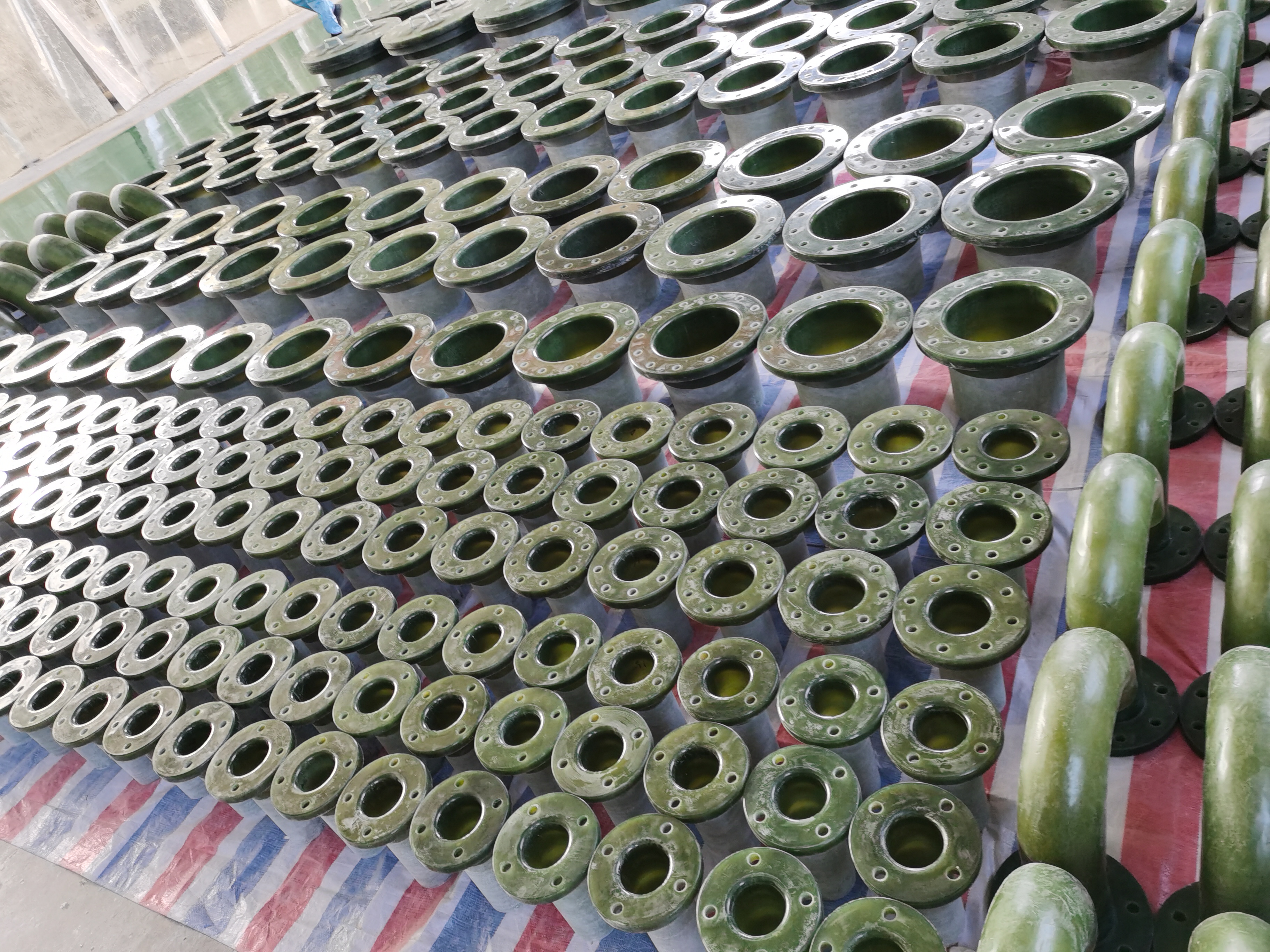
-
 Afrikaans
Afrikaans -
 Albanian
Albanian -
 Amharic
Amharic -
 Arabic
Arabic -
 Armenian
Armenian -
 Azerbaijani
Azerbaijani -
 Basque
Basque -
 Belarusian
Belarusian -
 Bengali
Bengali -
 Bosnian
Bosnian -
 Bulgarian
Bulgarian -
 Catalan
Catalan -
 Cebuano
Cebuano -
 China
China -
 China (Taiwan)
China (Taiwan) -
 Corsican
Corsican -
 Croatian
Croatian -
 Czech
Czech -
 Danish
Danish -
 Dutch
Dutch -
 English
English -
 Esperanto
Esperanto -
 Estonian
Estonian -
 Finnish
Finnish -
 French
French -
 Frisian
Frisian -
 Galician
Galician -
 Georgian
Georgian -
 German
German -
 Greek
Greek -
 Gujarati
Gujarati -
 Haitian Creole
Haitian Creole -
 hausa
hausa -
 hawaiian
hawaiian -
 Hebrew
Hebrew -
 Hindi
Hindi -
 Miao
Miao -
 Hungarian
Hungarian -
 Icelandic
Icelandic -
 igbo
igbo -
 Indonesian
Indonesian -
 irish
irish -
 Italian
Italian -
 Japanese
Japanese -
 Javanese
Javanese -
 Kannada
Kannada -
 kazakh
kazakh -
 Khmer
Khmer -
 Rwandese
Rwandese -
 Korean
Korean -
 Kurdish
Kurdish -
 Kyrgyz
Kyrgyz -
 Lao
Lao -
 Latin
Latin -
 Latvian
Latvian -
 Lithuanian
Lithuanian -
 Luxembourgish
Luxembourgish -
 Macedonian
Macedonian -
 Malgashi
Malgashi -
 Malay
Malay -
 Malayalam
Malayalam -
 Maltese
Maltese -
 Maori
Maori -
 Marathi
Marathi -
 Mongolian
Mongolian -
 Myanmar
Myanmar -
 Nepali
Nepali -
 Norwegian
Norwegian -
 Norwegian
Norwegian -
 Occitan
Occitan -
 Pashto
Pashto -
 Persian
Persian -
 Polish
Polish -
 Portuguese
Portuguese -
 Punjabi
Punjabi -
 Romanian
Romanian -
 Russian
Russian -
 Samoan
Samoan -
 Scottish Gaelic
Scottish Gaelic -
 Serbian
Serbian -
 Sesotho
Sesotho -
 Shona
Shona -
 Sindhi
Sindhi -
 Sinhala
Sinhala -
 Slovak
Slovak -
 Slovenian
Slovenian -
 Somali
Somali -
 Spanish
Spanish -
 Sundanese
Sundanese -
 Swahili
Swahili -
 Swedish
Swedish -
 Tagalog
Tagalog -
 Tajik
Tajik -
 Tamil
Tamil -
 Tatar
Tatar -
 Telugu
Telugu -
 Thai
Thai -
 Turkish
Turkish -
 Turkmen
Turkmen -
 Ukrainian
Ukrainian -
 Urdu
Urdu -
 Uighur
Uighur -
 Uzbek
Uzbek -
 Vietnamese
Vietnamese -
 Welsh
Welsh -
 Bantu
Bantu -
 Yiddish
Yiddish -
 Yoruba
Yoruba -
 Zulu
Zulu
fiberglass elbows
Understanding Fiberglass Elbows Key Features and Applications
Fiberglass elbows are essential components in various piping systems, predominantly used in industries such as chemical processing, water treatment, and power generation. These specialized fittings play a crucial role in directing fluid flow and managing the complexities associated with piping designs.
One of the most significant advantages of fiberglass elbows is their lightweight nature. Compared to traditional materials like metal or PVC, fiberglass offers a substantial reduction in weight. This characteristic not only eases installation processes but also contributes to lower transportation costs. Additionally, fiberglass is corrosion-resistant, making these elbows an ideal choice for environments where chemicals are prevalent. While metals can succumb to rust and corrosion over time, fiberglass maintains its integrity, leading to longer service life and reduced maintenance needs.
In terms of structural integrity, fiberglass elbows are engineered to withstand high pressures and temperatures, which are often encountered in industrial applications. The composite materials used in their production allow for enhanced durability and flexibility, reducing the risk of cracking or breaking under stress. Additionally, fiberglass can be molded into various shapes and sizes, offering customization options for specific projects.
fiberglass elbows

The use of fiberglass elbows contributes to improved flow characteristics within piping systems. Their smooth interior surface minimizes turbulence, which is crucial for maintaining optimal flow rates and reducing energy consumption. This efficiency is particularly important in systems where fluids need to be transported swiftly and effectively.
Another critical aspect to consider is the environmental impact of fiberglass production. Modern manufacturing techniques often employ sustainable practices, helping to reduce the overall carbon footprint associated with these materials. Furthermore, fiberglass can be recycled and repurposed, making it an eco-friendly choice in today’s increasingly environmentally conscious market.
In conclusion, fiberglass elbows represent a vital innovation in piping technology, combining lightweight, corrosion-resistant properties with exceptional durability. Their ability to withstand high-pressure and temperature conditions makes them favored in various industries. As companies continue to prioritize efficiency and sustainability, the demand for fiberglass elbows is expected to grow. By understanding their features and applications, professionals can make informed decisions when selecting components for their piping systems. Whether in chemical processing or industrial water applications, fiberglass elbows prove to be a reliable and efficient choice for modern piping needs.
Latest news
-
Exploring the Benefits of Top Hammer Drifter Rods for Enhanced Drilling PerformanceNewsJun.10,2025
-
High-Precision Fiberglass Winding Machine for GRP/FRP Pipe Production – Reliable & Efficient SolutionsNewsJun.10,2025
-
FRP Pipes & Fittings for Shipbuilding - Corrosion-Resistant & LightweightNewsJun.09,2025
-
Premium FRP Flooring Solutions Durable & Slip-ResistantNewsJun.09,2025
-
Premium Fiberglass Rectangular Tanks Durable & Lightweight SolutionNewsJun.09,2025
-
Tapered Drill String Design Guide Durable Performance & UsesNewsJun.09,2025









